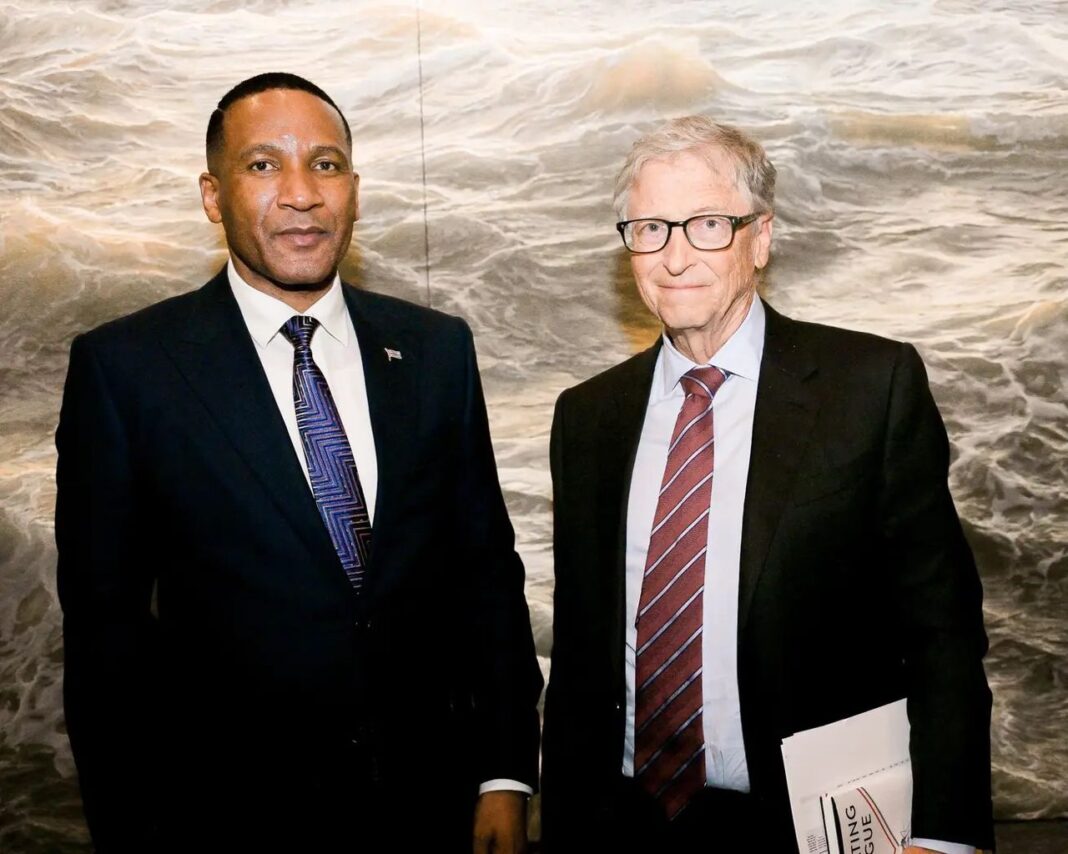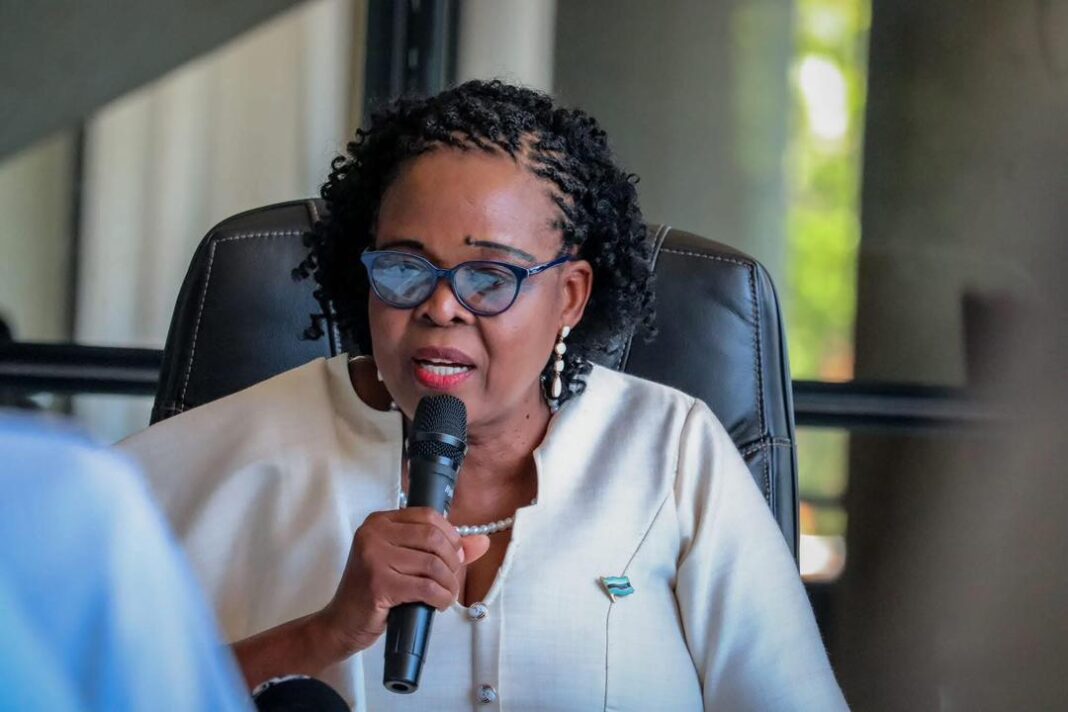President Duma Gideon Boko, taking office in November 2024 after a historic democratic transition, has wasted no time in executing a radical redefinition of Botswana’s economic leadership. Faced with a severe fiscal crisis and a reliance on diamonds at a time of weakening global demand, President Boko has transformed the presidency into the nation’s foremost investment facilitator. His high-velocity, personalized diplomacy is actively steering the country from a model of passive extractive wealth to one of aggressive, diversified investment partnership.
This proactive approach comes as a direct response to undeniable financial pressures. A 27% collapse in foreign exchange reserves (from $4.5 billion to $3.2 billion by mid-2025) and a rapidly climbing projected government debt spurred S&P Global Ratings to downgrade Botswana’s long-term sovereign credit rating to ‘BBB’ in September 2025. This acute backdrop has made a strategic overhaul not optional, but imperative.
The Two-Pillar Investment Strategy
The Boko administration’s strategy is ambitious and twofold, designed to staunch the financial bleeding while securing long-term stability:
Maximizing the Diamond Core: The government is aggressively pursuing greater national control and revenue from the diamond sector, most notably by reportedly seeking a majority stake in De Beers. This move aims to fully maximize the value capture through enhanced beneficiation—demanding more cutting, polishing, and branding occur within Botswana. President Boko’s high-profile appearances, such as at the JCK Las Vegas jewelry trade show, reinforce a political commitment to transforming Botswana from a raw resource exporter into a global hub for finished luxury products.
Securing New Capital for Diversification: The administration has immediately focused on attracting patient, strategic capital from high-net-worth sovereign entities. Key diplomatic pivots to the Gulf, specifically engagements with Al Mansour Holdings of Qatar and the Oman Investment Authority (OIA), are crucial. The goal is to anchor the new Sovereign Wealth Fund (SWF) and secure the vast liquidity needed to fund diversification away from minerals, targeting sectors like clean energy, logistics, and regional finance.These efforts are codified in the ambitious, $27 billion 12th National Development Plan (NDP 12), which relies heavily on leveraging public-private partnerships (PPPs) and institutional investors to fund job-intensive infrastructure. The need for this capital is urgent, as low Foreign Direct Investment (FDI) inflows (2.4% of GDP in 2024) are insufficient to drive the required economic transformation.
Diplomatic Wins and the Urgency of Reform
President Boko’s direct engagement has already yielded tangible results. The Memorandum of Understanding (MOU) with the OIA secures not just potential capital but also a transfer of high-governance expertise essential for establishing the new Botswana SWF.
However, this diplomatic success has exposed a critical challenge: institutional readiness is struggling to match presidential velocity.
The nation’s ambitious push into advanced sectors like green hydrogen and sophisticated SWF management shines a spotlight on human capital gaps, evidenced by a 27.6% unemployment rate and a low World Bank Human Capital Index score. Botswana’s public sector must urgently acquire the specialized, technical personnel required to execute and monitor the complex, high-value deals the President is securing.
Conclusion: Matching Vision with Implementation
President Boko has successfully set a new, visionary standard for Botswana’s global economic engagement. He has leveraged the nation’s reputation for democratic stability as a critical investment asset, using it to secure long-term asset control and launch vital diversification pathways.
The true test of his tenure now shifts from securing agreements to efficient implementation. Botswana’s institutions—the civil service, regulatory bodies, and economic ministries—must urgently match the strategic clarity and implementation velocity of the presidential office. The nation’s economic future depends on the ability to swiftly convert international MOUs and diplomatic commitments into realized FDI projects, job creation, and sustained economic growth. The challenge is clear: the system must now rise to the standard set by the Chief Investment Facilitator.



